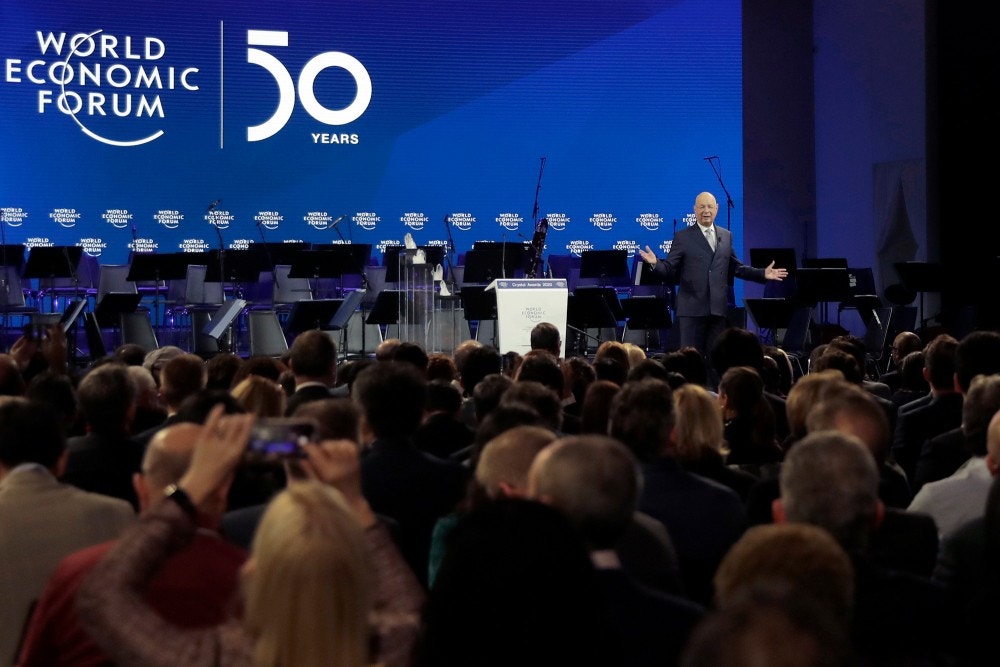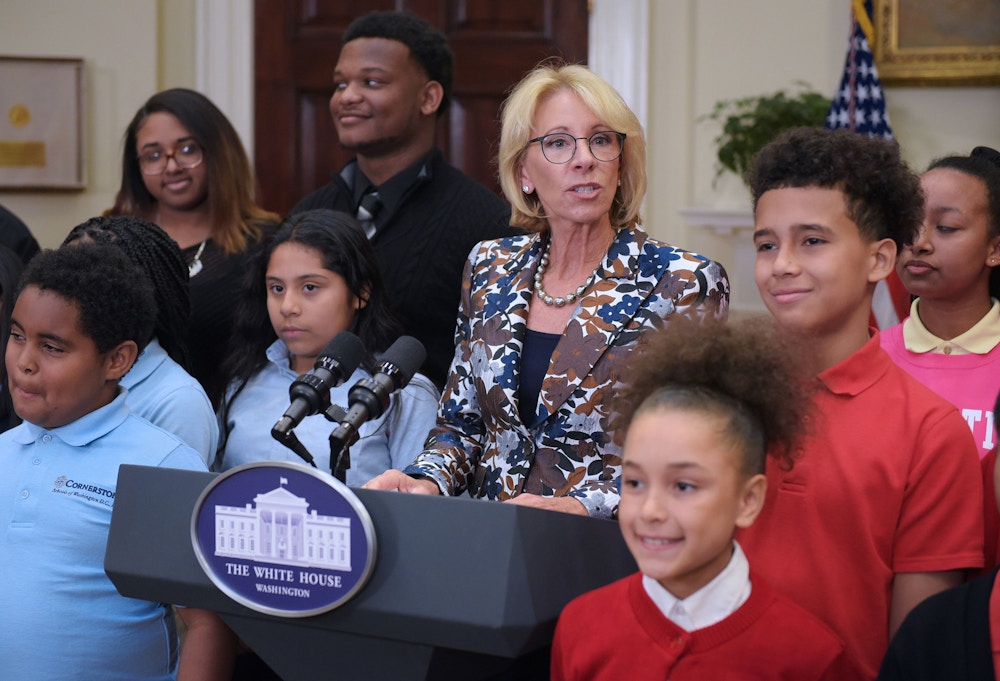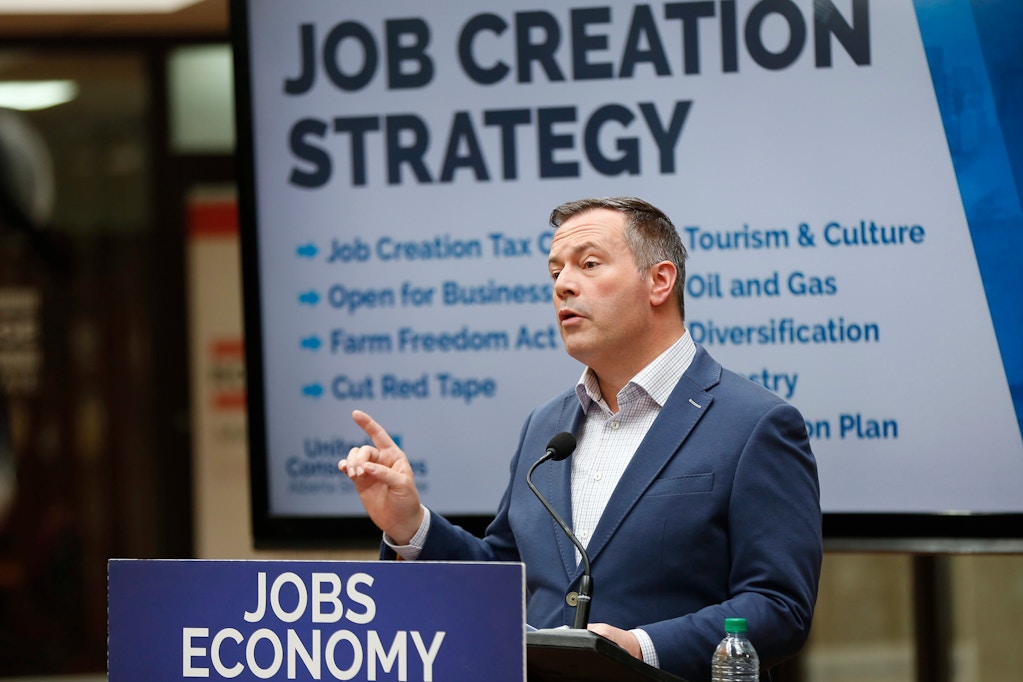Articles Menu



Left/Top: Demonstrators walk over a WEF logo during a rally of opponents of globalization and the World Economic Forum in Geneva, Switzerland, on Jan. 24, 2003. Right/Bottom: Riot police officers attack students during a rally to protest a meeting of the World Economic Forum near the Shilla Hotel where the Geneva-based WEF opened a two-day summit in Seoul, on June 13, 2004.Photo: Martial Trezzini/Keystone/AP; Ahn Young-Joon/AP
And so the giddy sessions on new markets in Malaysia and new startups in California were complemented with somber ones on melting ice caps, United Nations development goals, “impact investing,” “stakeholder capitalism,” and “corporate global citizenship.” In 2003, Schwab introduced the tradition of each January summit having a big theme, starting with the appropriately chastened “Building Trust.” The new Davos tone, though, was truly set in 2005, when actor Sharon Stone, upon hearing Tanzania’s president speak of his nation’s need for mosquito nets to battle malaria, leapt to her feet and turned the session into an impromptu charity auction to purchase the nets. She raised $1 million in five minutes, and a new Davos era was on its way.
If Davos wasn’t “seeking a better form of capitalism” to solve the spiraling crises Davos itself systematically deepened, it wouldn’t be Davos.
The Great Reset is merely the latest edition of this gilded tradition, barely distinguishable from earlier Davos Big Ideas, from “Shaping the Post-Crisis World” (2009) to “Rethink, Redesign, Rebuild” (2010) to “The Great Transformation” (2012) and, who can forget, “Creating a Shared Future in a Fractured World” (2018). If Davos wasn’t “seeking a better form of capitalism” to solve the spiraling crises Davos itself systematically deepened, it wouldn’t be Davos.
And yet search for the term “global reset” and you will be bombarded with breathless “exposés” of a secret globalist cabal, headed by Schwab and Bill Gates, that is using the state of shock created by the coronavirus (which is probably itself a “hoax”) to turn the world into a high-tech dictatorship that will take away your freedom forever: a green/socialist/Venezuela/Soros/forced vaccine dictatorship if the Reset exposé is coming from the far right, and a Big Pharma/GMO/biometric implants/5G/robot dog/forced vaccine dictatorship if the exposé hails from the far left.
Confused? That’s not on you. Less a conspiracy theory than a conspiracy smoothie, the Great Reset has managed to mash up every freakout happening on the internet — left and right, true-ish, and off-the-wall — into one inchoate meta-scream about the unbearable nature of pandemic life under voracious capitalism. I’ve been doing my best to ignore it for months, even when various Reset “researchers” have insisted that all of this is an example of the shock doctrine, a term I coined a decade and a half ago to describe the many ways that elites try to harness deep disasters to push through policies that further enrich the already wealthy and restrict democratic liberties.
There has been a tsunami of examples of the real shock doctrine since the pandemic began: Trump’s attacks on Washington’s regulatory architecture; Education Secretary Betsy DeVos’s amped-up campaign for “school choice,” rather than, say, giving public schools the resources they need to keep children safe; Silicon Valley’s multiheaded power grab, which I wrote about as the Screen New Deal; the Modi government’s cruel attacks on price protections for India’s farmers (setting off a wave of heroic protests) — and so many more.

U.S. Education Secretary Betsy DeVos speaks at a school choice event in the Roosevelt Room of the White House on May 3, 2017, in Washington, D.C.
Photo: Mandel Ngan/AFP/Getty Images
What Schwab and the WEF are doing with the Great Reset is both more subtle and more insidious. Schwab is, of course, absolutely right when he says that the pandemic has revealed many deadly structural failures of capitalism as usual, as does the accelerating climate crisis and the hoovering of the planet’s wealth up toward the Davos class, even in the midst of a global pandemic. But like the WEF’s earlier big themes, the Great Reset is not a serious effort to actually solve the crises it describes. On the contrary, it is an attempt to create a plausible impression that the huge winners in this system are on the verge of voluntarily setting greed aside to get serious about solving the raging crises that are radically destabilizing our world.
Why? For the same reason I keep hearing Facebook ads on NPR podcasts telling me how much Facebook wants to be regulated. Because if our corporate overlords can create this impression, it is less likely that governments will listen to the rising chorus of voices calling on them to do what is required to actually combat spiraling poverty, joblessness, climate breakdown, and informational degeneration: regulate the companies that have created these crises, and tax them, break them up, and, in some cases, put them under public control.
The Great Reset is an attempt to create a plausible impression that the huge winners in this system are on the verge of voluntarily setting greed aside to get serious about solving the raging crises that are radically destabilizing our world.
So no, the Great Reset is not just another name for the Green New Deal, as many a right-winger with a digital chalkboard and an unhealthy AOC obsession is absurdly claiming. It is, first and foremost, about blocking a real Green New Deal, which most assuredly would not have the support of BP, Mastercard, the Prince of Wales, and all of the other Great Reset partners.
And yet, in recent weeks, a slew of right-wing commentators on Fox News, as well as Brazil’s minister of foreign affairs and prominent opposition politicians in Australia and Canada, have claimed to be confused about this and are suddenly giving oxygen to what was, until recently, a marginal conspiracy. Laura Ingraham, Tucker Carlson, and Ben Shapiro have all been terrifying their huge audiences with claims that green socialism is about to be forced down their throats via Schwab’s Great Reset, which, they explain, is the very same thing as President-elect Joe Biden’s “Build Back Better” plan, which is itself a thin cover for Rep. Alexandria Ocasio-Cortez’s Green New Deal. (Like an early fan of an indie punk band, Glenn Beck has been using his perch at The Blaze to point out that he was ranting about the Great Reset when it was just a gleam in Schwab’s eye.)
Do these people honestly think that Schwab is in cahoots with AOC and using the pandemic to put BP out of business — with the full cooperation of BP? Of course not. But President Donald Trump is on his way out, and the Green New Deal is popular — precisely because it is as far away from Davos as it could be, grounded in a polluter-pays ethos and in programs like a jobs guarantee and universal health care that enjoy broad working-class support. For right-wing politicians and the oil companies that back them, the more climate action can be conflated with an organization known for its traffic jams of private jets and its Bond villain founder, the easier it will be to resist any climate plan at all. That’s why the earliest alarmism about the Great Reset came from the Heartland Institute, ground zero of the climate change denial machine.

Jason Kenney, leader of the United Conservative Party, speaks during a news conference in Calgary, Canada, on April 5, 2019.
Photo: Todd Korol/Bloomberg/Getty Images
This messaging is gaining traction not because people are suckers but because they are mad — and they have every right to be. Lockdown policies have demanded months of individual sacrifice for the collective good without providing the most basic collective protections to keep families from slipping into starvation and homelessness, or to keep small businesses afloat. Meanwhile, trillions have been spent to backstop markets and bail out multinationals, and pandemic profiteering is rampant. Is it any wonder that so many find it entirely plausible that the same elites who expect them to swallow all the coronavirus-related sacrifices while they party in the Hamptons and on private islands would also be willing to exaggerate the risks of the disease to get them to the accept more bitter “green” medicine, for the common good? As that first Davos theme made clear, trust between the people and the mountaintop has been broken — and it most certainly has not been rebuilt.
For a glimpse of how all of this fits together, take a look at what is going on in Alberta, Canada, under its truly reprehensible premier, one Jason Kenney. Kenney came to power pledging to serve as a shameless valet for the Alberta oil patch, specifically its extra-fast-planet-cooking tar sands. He promised to ram through all pipelines, no matter the opposition, and create a “war room” to surveil all opponents.
Back in March, in the early days of the pandemic, I observed that Kenney deserved the award for the most craven Covid-19 disaster capitalist because he had just laid off 20,000 education workers, supposedly to cover pandemic costs, even as he lavished $7 billion in public subsidies on the Keystone XL pipeline, despite the lockdowns having created a massive glut in crude oil. He followed up in the fall by laying off 11,000 health care workers, a clear effort to use the Covid-19 crisis to open the door to partial U.S.-style health care privatization.
It has surprised no one that Kenney has also presided over a U.S.-style coronavirus explosion, with the province’s positivity rate recently topping 10 percent (higher than the average south of the border). Now Kenney, a self-proclaimed big-government-bashing libertarian, has been reduced to begging Prime Minister Justin Trudeau for funds to build field hospitals.
Is it any wonder he has been looking to change the subject? Last week, Kenney did exactly that, selecting a question about the Great Reset during a Facebook livestream. The premier feigned horror at the idea that Klaus Schwab could possibly see Covid-19 as an opportunity to advance policy goals, describing the plan as a “grab bag of left-wing ideas for less freedom and more government” and “failed socialist policy ideas.” Warming up to his subject, he declared: “I’m not going to be taking any policy direction from Klaus Schwab and his ilk. … Heck no! We are not going to exploit or take advantage of a crisis to advance a political agenda. … It’s very distasteful and regrettable that influential people would explicitly seek to take advantage of a crisis like this to advance their own political vision and values.”
The online right rejoiced: “Jason Kenny Shows Real Leadership Rejecting Klaus Schwab’s New World Order!” declared one outlet, and I can’t bear to link to the many, many others.
Sadly, Kenney’s aversion to crisis opportunism comes late for the thousands of newly unemployed education and hospital workers in his province, or for the hundreds of patients who will soon be getting treatment in its field hospitals. And though Kenney was quick to say that the Great Reset was not a conspiracy theory and that the coronavirus is real, his statements were immediately seized upon by the growing numbers of people who are seriously convinced that Covid-19 is a hoax cooked up by Davos globalists to eliminate their private property, poison their brains with 5G, and take away their right to go to the gym.
In Alberta, thousands of those people participated in maskless “Walk for Freedom” marches last week. I have no doubt that Kenney meant it when he told them to cut it out, just as he no doubt wants Covid-19 to stop ravaging his province, along with his reputation. But what he wants far more is to stop the momentum toward climate action in coronavirus recovery plans so the oil companies that underwrite his party and government can wring out a few more profitable quarters. And he, along with growing numbers of similarly craven politicians the world over, sees fueling the Great Reset conspiracy as the most effective means of achieving that goal.
None of this is to say that Schwab’s Reset push is benign and unworthy of scrutiny. All kinds of dangerous ideas are lurking under its wide brim, from a reckless push toward more automation in the midst of a joblessness crisis, to the steady move to normalize mass surveillance and biometric tracking tools, to the very real (though not new) problem of Bill Gates’s singular power over global health policy. The irony, though, is that the fact-Vitamix currently whirring around the Great Reset actually makes it harder to hold the Davos set accountable for any of this, since legitimate critiques have now been blended together with truly dangerous anti-vaccination fantasies and outright coronavirus denialism.
It also makes it harder to talk about the profound realignment our economies and societies desperately need, a vision a group of us laid out in the short film we released way back in October called “The Years of Repair” — because now all talk about how we change for the better in response to the cruelties that Covid-19 has unveiled is immediately smeared as part of the Great Reset. As the historian Quinn Slobodian recently wrote, years after “The Shock Doctrine” was published, “the right was now appropriating this narrative for its own ends.” Meanwhile, the less fantastical but extremely real shock doctrine maneuvers currently waging war on public schools, hospitals, small farmers, environmental protections, civil liberties, and workers’ rights receive a fraction of the attention they deserve.
Is it all a plan, another kind of elaborate conspiracy? Nothing so elegant. As Steve Bannon kindly told us, the informational strategy of the Trump era has always been to “flood the zone with shit.” Four years later, we can see what this looks like in practice. It looks like far-left and far-right conspiracists sitting down over a tray of information-shit sandwiches to talk about how the Great Reset is Gates’s plan to use the DNA from our Covid-19 tests to turn the United States into Venezuela.
It makes no sense, and that’s just fine by the likes of Bannon, and Kenney as well. Because if you want to keep waging war on the Earth’s life-supporting ecology, a great way to do it is to deliberately pollute its democracy-supporting information ecology. In fact, the pollution is the point.